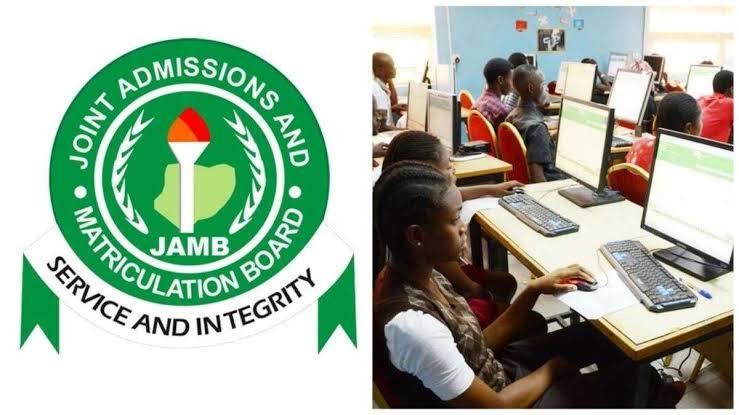Are you preparing for JAMB UTME 2025/2026 and Commerce is one of your subjects? You’re in the right place. This official JAMB Commerce syllabus outlines the topics and skills you need to master in order to succeed in the exam.
It’s not just about reading — it’s about understanding what JAMB wants to test. Let’s break it down for you.
Objectives of JAMB Commerce Syllabus
The purpose of this syllabus is to prepare candidates to:
- Understand the basic principles of Commerce and trade.
- Apply commercial knowledge in real-life business situations.
- Analyze how business organizations operate.
- Understand Nigeria’s economic environment and global trade relations.
JAMB Commerce Syllabus Topics (2025/2026)
1. Introduction to Commerce
- Meaning, scope, and functions
- History and development of Commerce
- Characteristics of commercial activities
2. Occupations
- Types: industrial, commercial, and service occupations
- Division and specialization of labor
3. Production
- Factors of production
- Types of production (primary, secondary, tertiary)
- Chain of distribution
4. Business Units
- Sole proprietorship, partnership, joint-stock companies
- Public enterprises, cooperative societies
5. Trade
- Home and foreign trade
- Terms of trade, balance of payment
- Documents used in international trade
6. Aids to Trade
- Transportation, communication, advertising, banking, insurance, tourism, warehousing
7. Business Finance
- Sources of capital
- Types of business finance
- Money and capital markets
8. Stock Exchange
- Functions and operations
- Role in the economy
9. Business Law
- Contracts: elements, types, and discharge
- Sale of goods, agency, hire purchase
- Consumer rights and protection
10. Marketing
- Marketing mix (4Ps)
- Market research
- Pricing strategies
11. Insurance
- Principles of insurance
- Types: life, fire, marine, motor, etc.
- Role of insurance in business
12. Banking
- Types of banks
- Functions of banks
- Central Bank and monetary policy
13. Warehousing
- Functions and types of warehouses
14. Advertising
- Objectives and media of advertising
- Advantages and disadvantages
15. Communication
- Methods: oral, written, electronic
- Importance in commerce
16. Transportation
- Modes: land, air, water
- Importance and limitations
17. Consumer Protection
- Consumer rights and responsibilities
- Role of government and agencies
18. Business Environment
- Economic, legal, social, and technological environments
- Challenges in Nigerian business environment
19. Globalization and E-Commerce
- Meaning, advantages, and challenges
- Role of ICT in business
Recommended Textbooks
- Comprehensive Commerce for Senior Secondary Schools by J.U. Anyaele
- Essential Commerce by O.A. Lawal
- Modern Business Methods by J.O. Olakunle
Exam Tips for JAMB Commerce
- Master definitions and concepts – These are frequently asked in objective questions.
- Understand business structures – Know the pros and cons of each business type.
- Use past questions – Practice JAMB past papers to understand the question patterns.
- Focus on calculations too – Topics like capital and stock exchange may require simple maths.
- Stay updated – Be aware of current developments in Nigerian business laws and global trade.
Frequently Asked Questions (FAQs)
Q1: How many questions are in JAMB Commerce?
A: There are 40 multiple-choice questions.
Q2: Can Commerce be used to gain admission into business-related courses?
A: Yes. It is accepted for courses like Business Administration, Accounting, and Marketing.
Q3: Is Commerce compulsory for social science students?
A: No, but it's highly recommended if you're pursuing a business-related degree.
Q4: Can I combine Commerce with Economics?
A: Yes. Many schools accept both subjects together.
Conclusion
The JAMB Commerce Syllabus for 2025/2026 is your guide to passing the subject with ease. Focus on each topic, understand the principles, and practice smart. With consistent effort and the right materials, you can achieve your dream UTME score and secure admission into your desired institution.

















